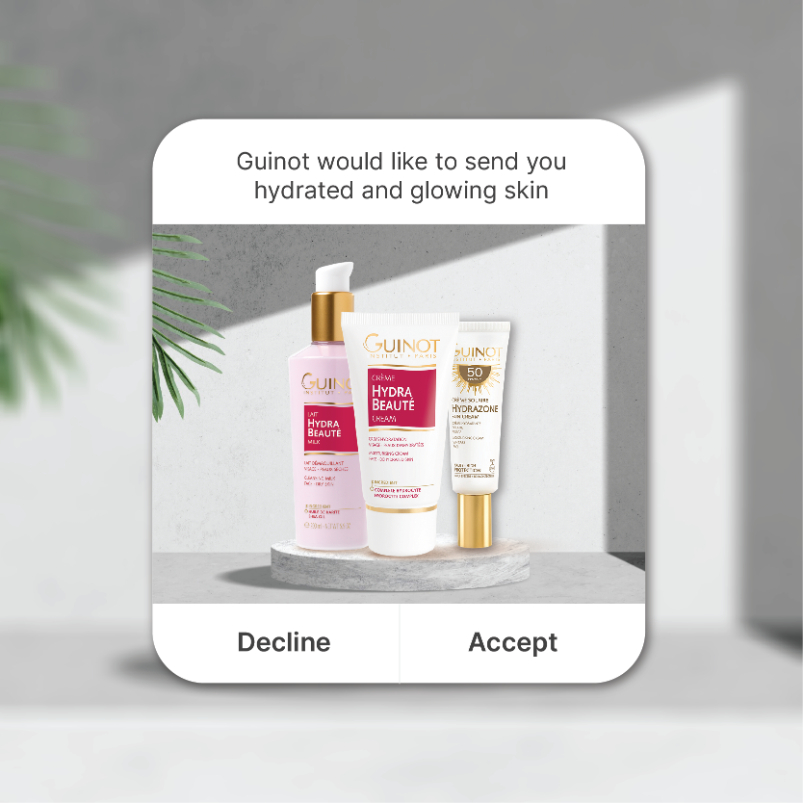 As we transition from the hot summer months into the cooler days of autumn, our skin often becomes more dehydrated and sensitive, making hydration more essential than ever. Dehydrated skin is a common condition that can occur at any age. It’s characterized by a lack of moisture in the skin’s outer layer, leading to itching, flaking, and irritation. Without proper care, dehydrated skin can crack and become more prone to infections. Understanding the causes and symptoms of dehydrated skin, along with effective treatments, is key to maintaining a healthy, glowing complexion as the seasons change.
As we transition from the hot summer months into the cooler days of autumn, our skin often becomes more dehydrated and sensitive, making hydration more essential than ever. Dehydrated skin is a common condition that can occur at any age. It’s characterized by a lack of moisture in the skin’s outer layer, leading to itching, flaking, and irritation. Without proper care, dehydrated skin can crack and become more prone to infections. Understanding the causes and symptoms of dehydrated skin, along with effective treatments, is key to maintaining a healthy, glowing complexion as the seasons change.
What Causes Dehydrated Skin?
Dehydrated skin can be caused by various factors, both environmental and internal. Some of the most common causes include:
- Cold Weather: Low humidity levels and cold temperatures can strip your skin of its natural moisture, leading to dehydration.
- Hot Showers and Baths: Prolonged exposure to hot water can remove essential oils from your skin.
- Harsh Soaps and Detergents: Many conventional soaps and detergents can be too harsh, disrupting the skin’s natural barrier.
- Aging: As we age, our skin produces less oil, making it more prone to dehydration.
- Medical Conditions: Conditions such as eczema, psoriasis, and diabetes can make the skin more susceptible to dehydration.
Recognizing the Symptoms of Dehydrated Skin
Symptoms of dehydrated skin can vary depending on your age, health, and environmental factors. However, common symptoms often include:
- Tightness and Roughness: The skin feels tight and may appear rough, especially after exposure to water.
- Itching: Dehydrated skin is often itchy, and scratching can exacerbate the problem, leading to inflammation and possible infection.
- Flaking and Peeling: Flaky or peeling skin is a common sign of dehydration, particularly in colder climates.
- Fine Lines and Cracks: Severe dehydration can cause fine lines and cracks, which may bleed if left untreated.
- Redness: The skin may appear red and irritated, especially after scratching.
How to Treat Dehydrated Skin with Guinot Products
To effectively treat and manage dehydrated skin, it’s crucial to adopt a comprehensive skincare routine using high-quality products that nourish and protect the skin. Guinot offers a range of products specifically designed to hydrate and restore the skin’s natural moisture barrier. Here are three essential Guinot products for combating dehydrated skin:
- Hydra Beauté Cleansing Milk
- Description: The first step to combating dehydrated skin is gentle cleansing. Guinot’s Hydra Beauté Cleansing Milk is formulated to cleanse the skin without stripping it of its natural oils. This creamy, soothing milk effectively removes makeup and impurities while preserving the skin’s moisture balance.
- Benefits: It leaves the skin feeling soft, comfortable, and hydrated, making it ideal for dehydrated and sensitive skin types.
- Usage: Apply morning and night using a cotton pad or fingertips, gently massaging it onto the face and neck. Rinse or wipe away with a damp cloth for a clean, refreshed complexion.
- Hydra Beauté Cream
- Description: Moisturizing is a crucial step in treating dehydrated skin. The Hydra Beauté Cream by Guinot provides intense hydration and comfort for dehydrated skin. Its rich, velvety texture deeply nourishes the skin, replenishing moisture levels and leaving the skin smooth and supple.
- Benefits: This cream helps restore the skin’s hydrolipidic film, protecting it from environmental aggressors that can cause further dehydration.
- Usage: Apply morning and evening after cleansing with Hydra Beauté Cleansing Milk. Massage gently onto the face and neck until fully absorbed.
- Hydrazone Sun Cream SPF 50
- Description: Protecting your skin from the sun is vital in preventing dehydration and premature aging. The Hydrazone Sun Cream SPF 50 from Guinot provides high-level sun protection while keeping the skin hydrated. It’s enriched with moisturizing agents that prevent dehydration caused by sun exposure.
- Benefits: It offers broad-spectrum UVA/UVB protection and hydration, making it perfect for dehydrated skin types.
- Usage: Apply generously to the face and neck 15-30 minutes before sun exposure. Reapply every two hours or after swimming or sweating.
Additional Tips for Managing Dehydrated Skin
- Hydrate from Within: Drinking plenty of water throughout the day helps maintain your skin’s hydration levels.
- Use a Humidifier: Adding moisture to the air in your home can help prevent your skin from dehydrating, especially during winter.
- Avoid Hot Showers: Opt for lukewarm water and keep showers brief to preserve your skin’s natural oils.
- Wear Sunscreen Daily: Even in winter, UV rays can damage your skin. Always wear sunscreen with SPF 30 or higher.
- Moisturize Immediately After Bathing: Apply a generous amount of moisturizer to damp skin to lock in moisture.
When to See a Dermatologist
If your dehydrated skin persists despite using high-quality skincare products and following a proper skincare routine, it may be time to consult a dermatologist. They can help identify any underlying conditions and recommend treatments to restore your skin’s health.
Conclusion
Dehydrated skin can be challenging to manage, but with the right products and care, you can achieve healthy, hydrated skin year-round. Incorporate Guinot’s Hydra Beauté Cleansing Milk, Hydra Beauté Cream, and Hydrazone Sun Cream SPF 50 into your daily routine for optimal results. Start your journey to radiant, moisturized skin today!
